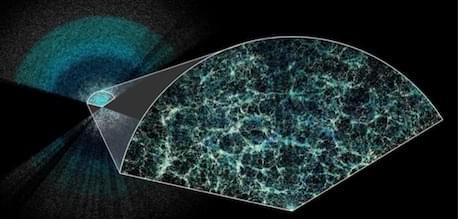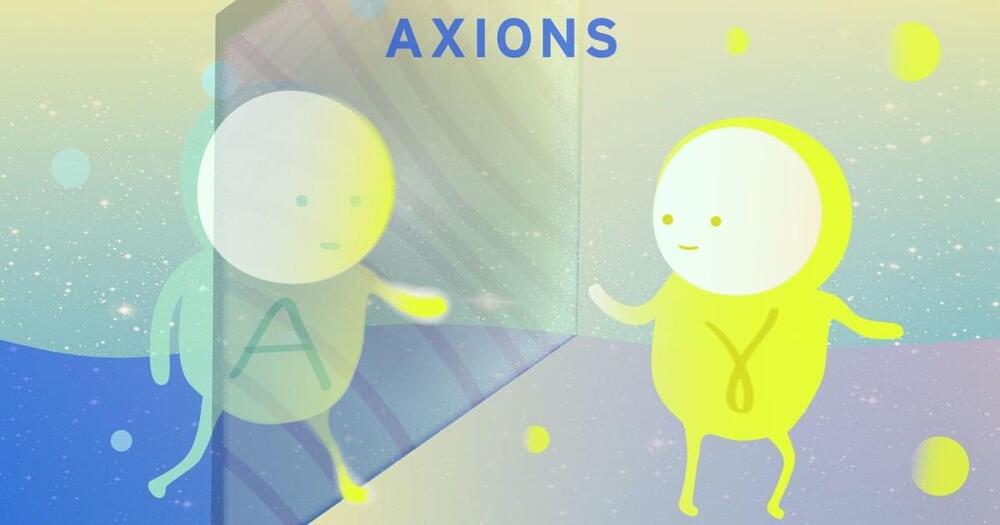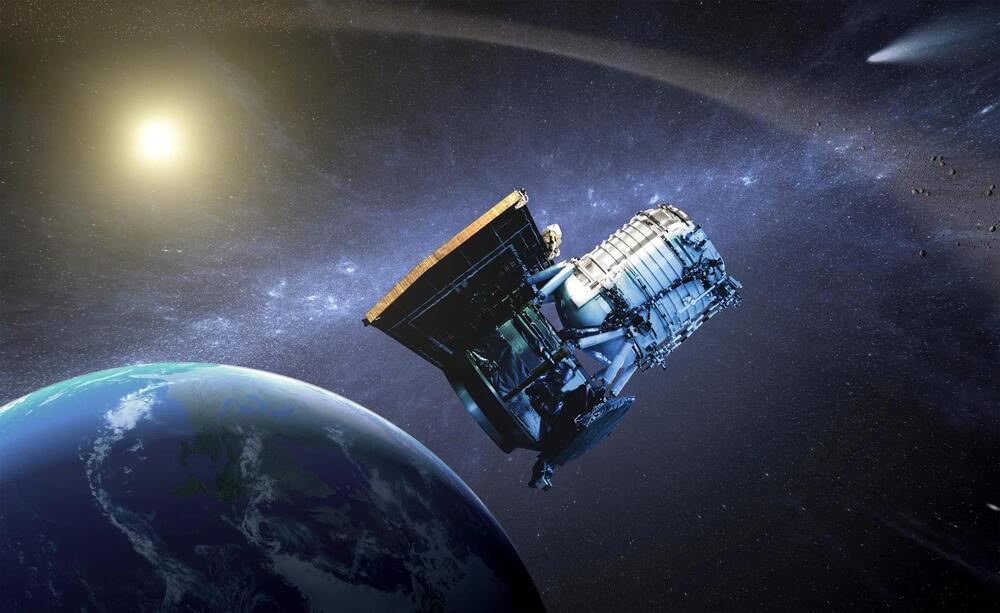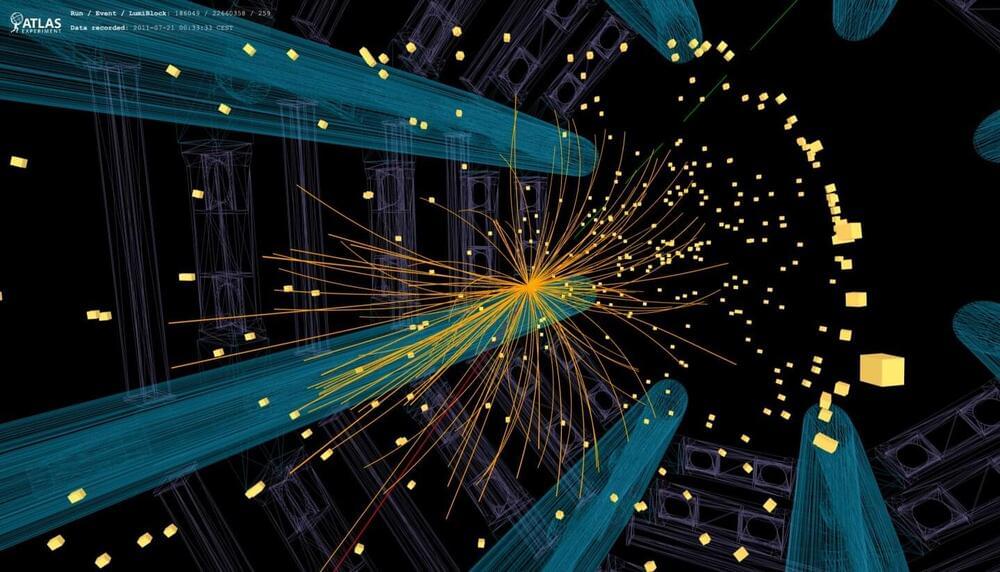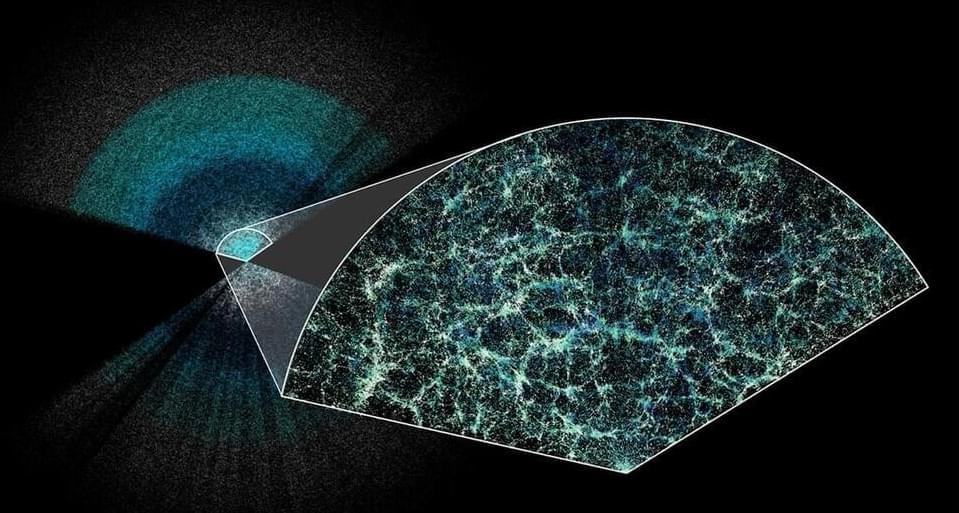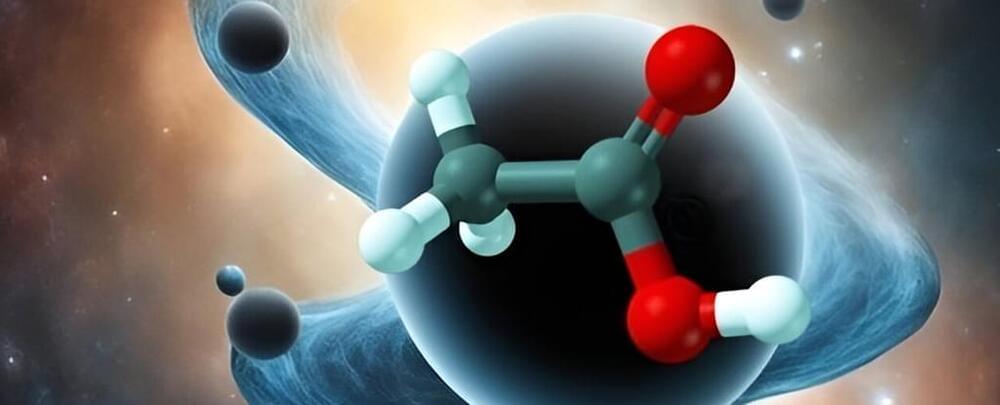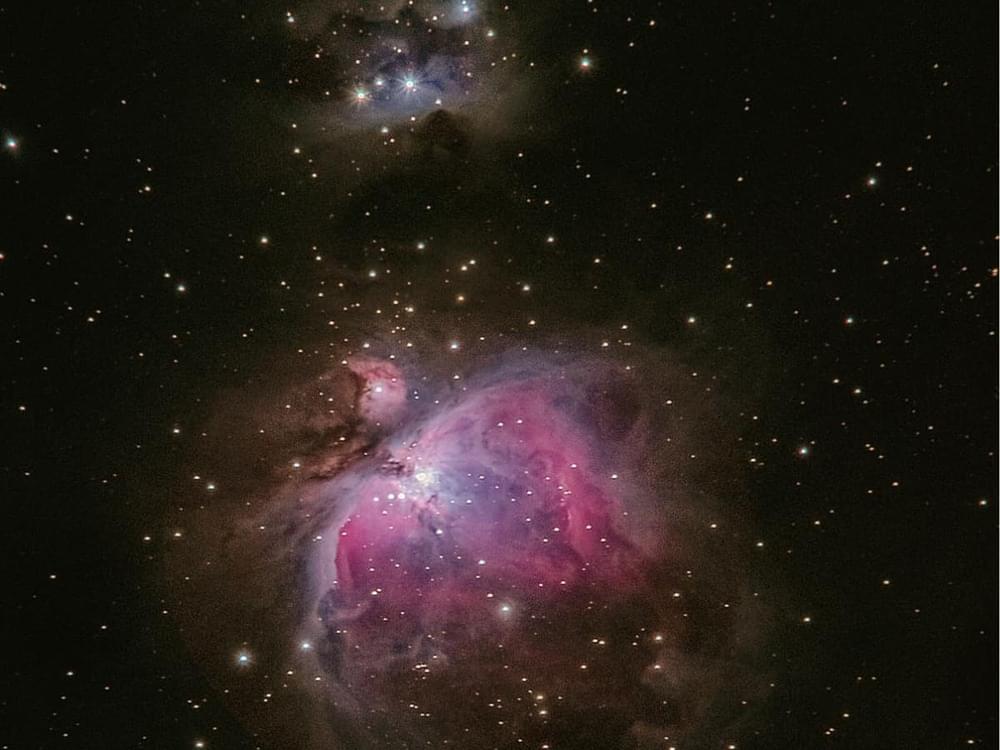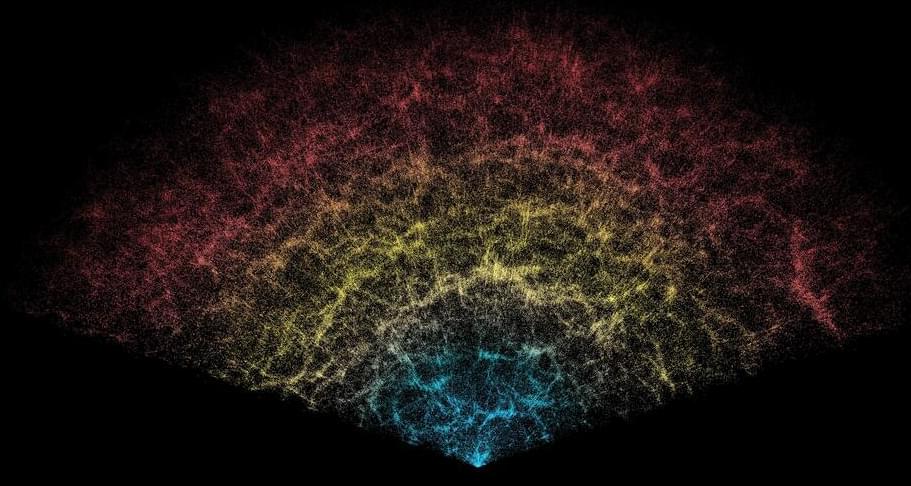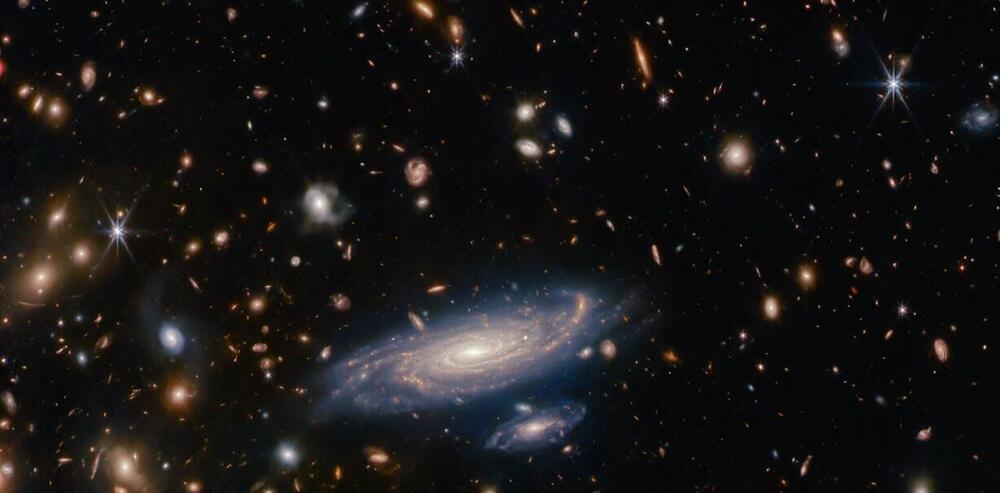
Dark matter is a ghostly substance that astronomers have failed to detect for decades, yet which we know has an enormous influence on normal matter in the universe, such as stars and galaxies. Through the massive gravitational pull it exerts on galaxies, it spins them up, gives them an extra push along their orbits, or even rips them apart.
Like a cosmic carnival mirror, it also bends the light from distant objects to create distorted or multiple images, a process which is called gravitational lensing.
And recent research suggests it may create even more drama than this, by producing stars that explode.
